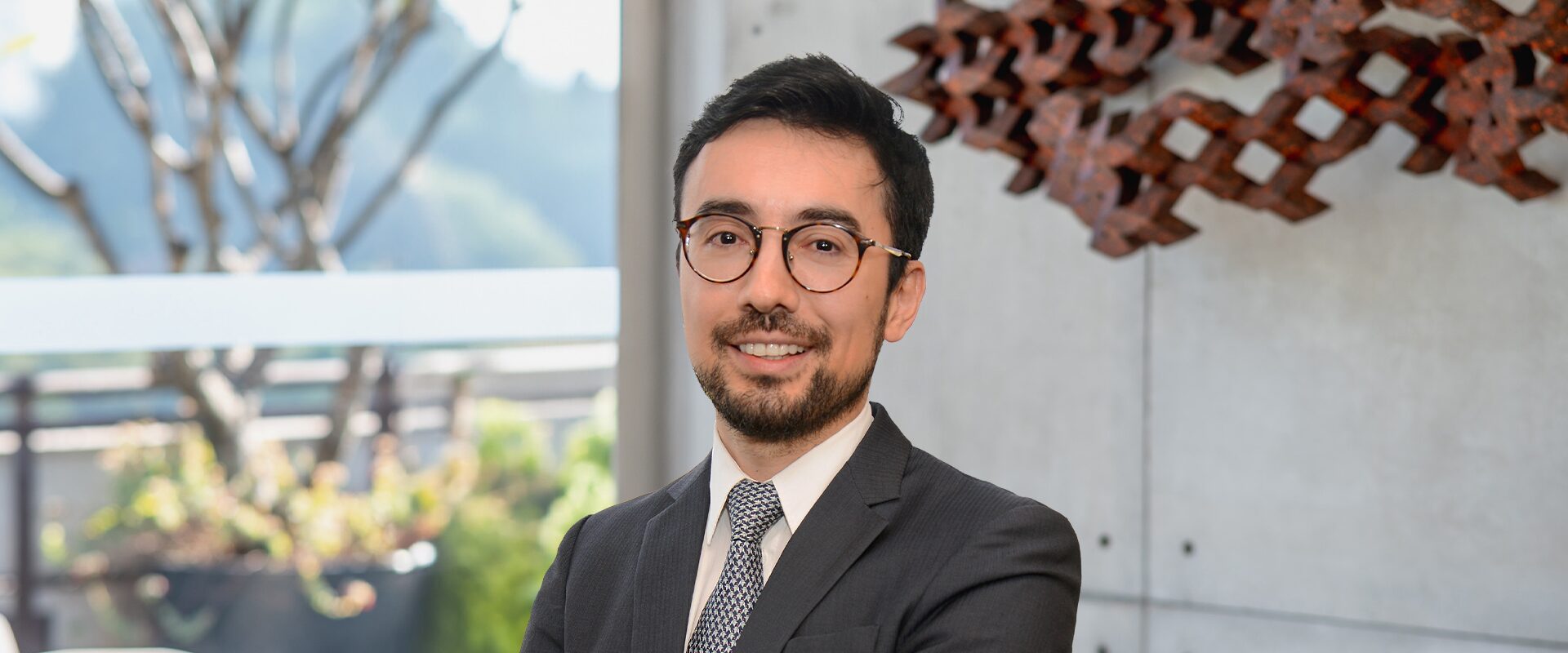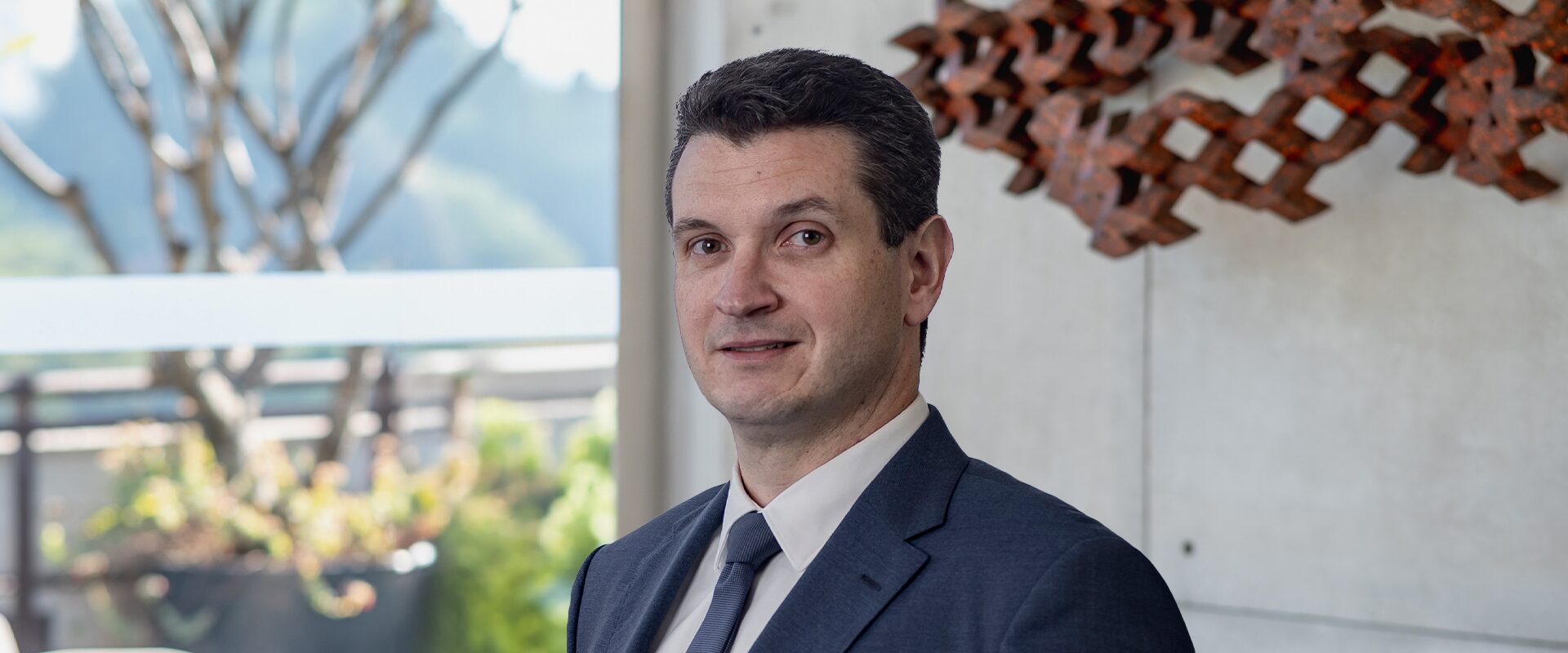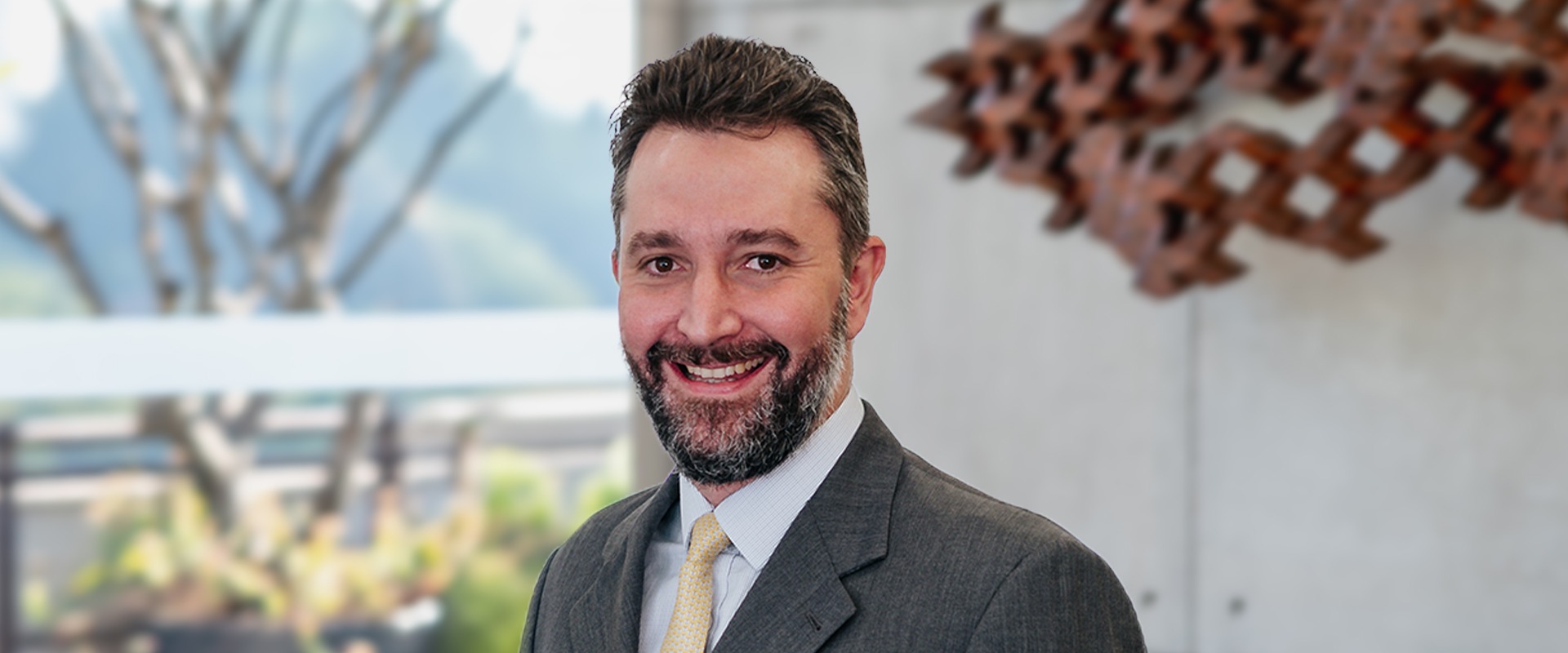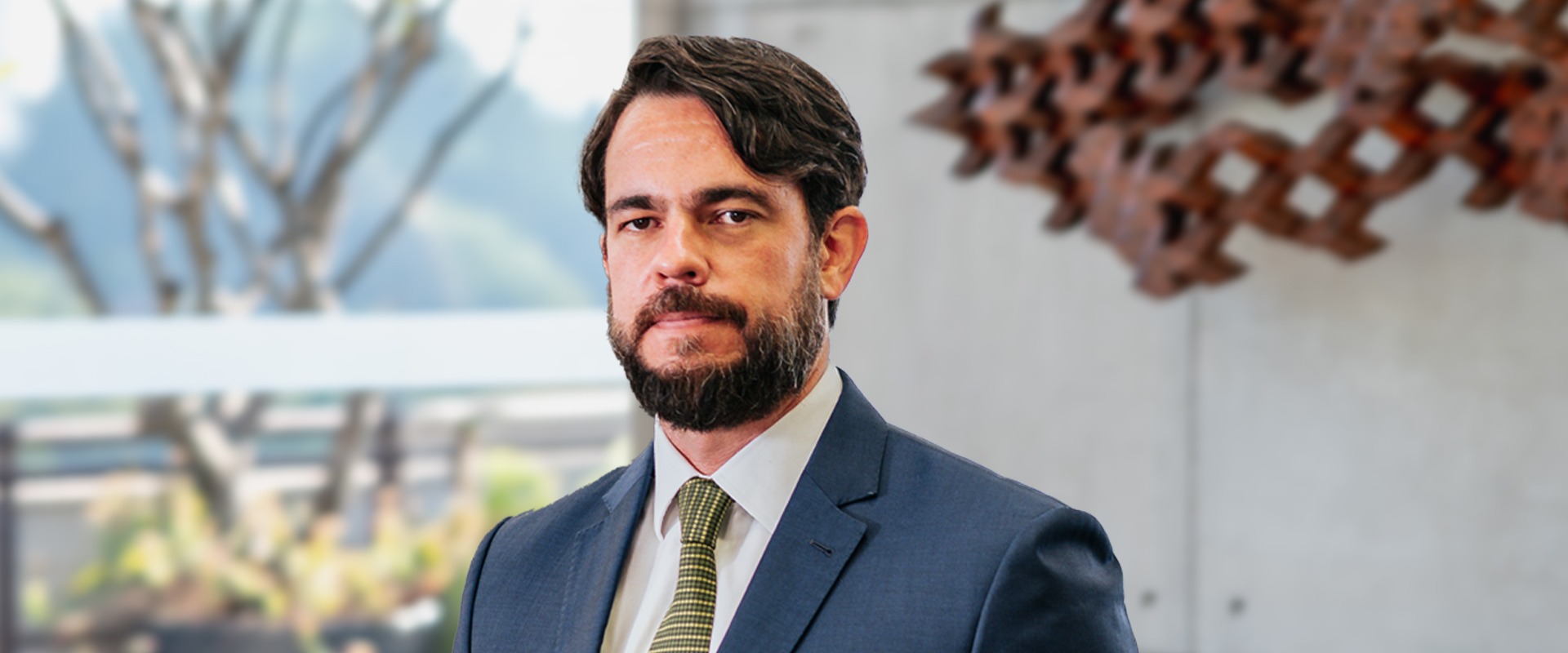
The Corporate Investigations Newsletter aims to provide information on the main media news, trends, cases, and legislation concerning compliance, white-collar crime, and competition matters in Brazil and abroad. This newsletter is for informative purposes only, and should not be used for decision making. Specific legal counseling may be provided by our legal team.
Enjoy reading!
Compliance and Investigations, White Collar-Crime, and Competition teams

CGU and AGU enter into leniency agreement with Qualicorp for irregularities in government contracts
On March 21, 2025, the Brazilian Office of the Comptroller-General (“CGU”) and the Federal Office of the Attorney-General (“AGU”) entered into a leniency agreement with Qualicorp Administradora de Benefícios S.A., following the identification of irregularities related to the contracting of collective healthcare plans by federal public administration bodies, which occurred between 2013 and 2019.
The investigations revealed that Qualicorp had improperly used a labor union as an intermediary in the provision of services, with the aim of enabling direct contracts with the government without carrying out the required bidding procedures provided by law.
Under the terms of the leniency agreement, the company committed to pay BRL 42.6 million, an amount that includes full compensation for damage caused to the public administration, as well as the applicable fine under the Brazilian Clean Company Act (Law No. 12,846/2013). Furthermore, Qualicorp is committed to cooperating with the authorities by providing information, documents and evidence that contribute to the in-depth analysis and clarification of facts still under investigation. The company must also significantly improve the structure of its compliance program and strengthen an organizational culture that values ethics and integrity in its operations.
The execution of this agreement emphasizes that it is strategically crucial for companies to adopt proactive compliance practices, particularly in highly regulated sectors. It also highlights how active cooperation with authorities can significantly mitigate risks and penalties due to irregular practices.
For more information, please access the full article.
Banco do Brasil’s insurance company faces complaints of harassment and weakening of anti-corruption sector
On March 24, 2025, news reports revealed that employees from the department responsible for corruption control and prevention at BB Seguridade, Banco do Brasil’s insurance branch, reported recurring episodes of moral harassment at the workplace, including undue pressure, persecution, and retaliation by superiors.
The episodes allegedly occurred especially after internal reports of irregularities within the company. Additionally, it was reported that BB Seguridade’s internal anti-corruption structure was being deliberately weakened through staff reduction and organizational changes that negatively impacted the efficiency of these internal anti-corruption controls.
Due to these allegations, the Labor Prosecutor’s Office (“MPT”) launched a formal investigation to address the moral harassment complaints, while the Federal Public Prosecutor’s Office (“MPF”) initiated a separate analysis of the alleged dismantling of the internal compliance and anti-corruption sector.
Although BB Seguridade has publicly reaffirmed its commitment to strict integrity and compliance policies, these alleged practices indicate substantial risks to the company’s compliance culture, and stress the importance of not only implementing robust internal policies, but also ensuring a safe and transparent work environment.
For more information, please access the full article.
Brazil takes the lead on BRICS 2025 anti-corruption agenda
On March 27, 2025, the Brazilian government officially announced through the Brazilian Office of the Comptroller-General (“CGU”) that it will assume the presidency and leadership of anti-corruption initiatives within the BRICS group throughout 2025.
BRICS, a bloc formed by Brazil, Russia, India, China, and South Africa, has been concentrating efforts to cooperate among member countries on issues related to international governance and anti-corruption matters.
As the country leading this agenda, Brazil will be in charge of coordinating the development and implementation of measures that foster prevention practices, transparency, and accountability regarding corruption within the bloc. Among the main actions planned, we highlight the exchange of best practices in compliance and integrity, the strengthening of institutional anti-corruption structures, and the expansion of international cooperation in investigations and recovery of deviated assets.
According to CGU Minister, Vinícius de Carvalho, Brazil’s leadership role within this agenda reaffirms the country’s commitment to transparency and the fight against corruption, contributing to raising ethical and integrity standards to the international level, especially among emerging economies represented by BRICS.
For more information, please access the full article.
Minister of Justice requests CGU audit on BRL 469 million in parliamentary amendments without clear destination
On March 21, 2025, the Minister of Justice and Public Security, Flávio Dino, established that the CGU will conduct a detailed audit to trace the allocation of BRL 469 million in parliamentary amendments considered to lack clear destination within the federal budget.
This amount corresponds to resources from rapporteur amendments (commonly known as the “secret budget”), whose ultimate destination was generic or even absent and thus contradict basic accounting and transparency rules.
Such audit aims to clarify the path of these funds and identify potential irregularities in the allocation or use of these government funds. In case the audit uncovers solid evidence of misappropriation or mismanagement of these funds, the CGU can use the collected information to initiate administrative proceedings and, potentially, legal actions to hold the involved parties accountable.
According to the Minister, this measure aims to ensure greater transparency and control in federal budget management, reinforcing the government’s commitment to anti-corruption practices and to combat the misuse of public funds.
For more information, please access the full article.

São Paulo law against corporate slave labor upheld
On March 19, 2025, the Federal Supreme Court (“STF”) formed a majority to uphold the constitutionality of a São Paulo state law aimed at penalizing companies that sell products derived from or associated with slave labor.
The trial occurred within the framework of Direct Action for the Declaration of Unconstitutionality No. 5,465, filed by the Brazilian National Confederation of Trade in Goods, Services, and Tourism (“CNC”). The law establishes that companies engaged in labor practices analogous to slavery will have their registration in the Tax on Circulation of Goods and Services (“ICMS”) canceled, regardless of intent or culpability. The regulation also imposes a ten-year ban on members of penalized companies, preventing them from engaging in activities within the same sector or registering a new company in the same industry.
Nine justices agreed with the reporting officer, Justice Nunes Marques, and declared the law constitutional. In his vote, Marques highlighted that the regulation must comply with the Brazilian Federal Constitution. Thus, proof of willful misconduct or culpability is necessary, even if implicit. In addition, to impose sanctions on partners, there must be proof of commissioned or omitted management acts involving willful misconduct or culpability in purchasing circulating assets manufactured, in whole and in part, by slave labor.
Justice Gilmar Mendes requested an examination of the records.
Source: STF suspends SP law trial on slave labor | Supreme Federal Court
STF establishes criteria to hold media outlets accountable for false accusations
On March 20, 2025, the STF unanimously edited its understanding of the conditions under which media outlets are subject to civil liability; that is, payment of compensation for moral damage if they publish interviews in which any given interviewee falsely attributes a crime to another person (slander).
Under Extraordinary Appeal No. 1075412, the justices defined that, in live interviews, media outlets cannot be held liable for statements made exclusively by the interviewee. However, to do so, they must ensure the right to respond in equal terms, context, and prominence to those falsely accused of committing a crime.
To be held civilly liable, bad faith on the part of the media outlet will be characterized by willful misconduct demonstrated through prior knowledge of the false nature of the statement, or by serious fault resulting from obvious negligence in ascertaining the truth of the fact and disseminating it to the public, without a response from the offended third party, or, at least, a contradiction of the statement by the corresponding media outlet.
If the fact is verified to be untrue and the content remains available on digital platforms, it must be removed ex-officio or by notification of the victim, under penalty of liability.
Willful misconduct deemed essential to constitute a tax crime
Justice Vinicius de Toledo Piza Peluso, from the Regional Court of Constitutional Guarantees of the 7th Judicial Administrative Region — Santos (SP), accepted the understanding that accounting irregularities or tax infractions resulting from error, malpractice, negligence, or recklessness are irrelevant from a criminal point of view and, therefore, do not constitute a crime against the tax order due to the lack of intent on the part of the perpetrator.
The argument was raised by Public Prosecutor Carlos Eduardo Perez Fernandez, upon shelving Police Inquiry No. 1500209-30.2025.8.26.0385, filed against a businessman who had been arrested in the act for not immediately showing his invoices or service orders for cell phone repairs. The prosecutor found no description of any legal transaction entered into with the defendant in which he refused to provide a tax document, or did so in disregard of the applicable regulations. In addition, Fernandez highlighted that “crimes against the tax order do not allow culpability”.
Thus, on March 14, 2025, the police investigation was shelved.
Source: Without intent, there is no crime against the tax order | Consultor Jurídico
Final CPI report on sports betting approved
On March 19, 2025, the Brazilian Senate approved the final report of the Parliamentary Committee of Investigation (“CPI”) for Game Manipulation and Sports Betting, which investigated criminal organizations engaged in fraud within the scope of Brazilian soccer. Among the key cases investigated were operations “Aposta Certa”, “Penalidade Máxima”, and “Jogada Ensaiada”, which revealed that soccer matches were manipulated to earn illicit betting profits.
The report, drafted by Senator Romário, details results manipulation schemes, identifies players and leaders involved, and suggests filing charges. According to Romário, the CPI revealed that nearly all the recent scandals related to manipulating match results were connected to betting on isolated events, particularly those featuring well-known athletes. He added that isolated betting facilitates manipulation by bettors and criminal groups, without necessarily affecting the outcome of a given match. For this reason, the committee requests that this activity be restricted and recommends that sports entities inform athletes about the legislation in force and any punishments involved.
The changes in the legislation proposed by the commission are as follows:
(i) Increasing the penalty for the crime of defrauding the result of a sporting event, provided for in the General Sports Law;
(ii) Classifying “fraud in the betting market” as a crime, including by athletes who provide relevant information not publicly disclosed, involving a prison sentence of one to four years and a fine;
(iii) Classifying the “publication or advertisement of unrealistic betting winnings” as a crime, involving a prison sentence of one to three years and a fine;
(iv) Allowing the civil judge to forward a request for suspension or banishment to the Superior Court of Sports Justice (“STJD”) in the event of convicting athletes; and
(v) Limiting bets under specific circumstances – such as the possibility of a player receiving a card –, during sporting events.
Source: CPI report on sports betting approved with indictment requests | Rádio Senado

The Administrative Council for Economic Defense (“CADE”) creates Deliberative Virtual Circuit
On March 19, 2025, during the 244th Trial Session, CADE launched its Deliberative Virtual Circuit. This tool allows the council members to vote remotely in administrative proceedings, without the need for face-to-face meetings, on matters that do not require oral discussion.
This new virtual system, provided for by CADE Resolution No. 36/2025, seeks to make the ruling of official letters, ordinary decisions, appeals, and orders regarding compliance with the decisions of the CADE’s Tribunal, ratification of settlement agreements, and approvals of budget proposals, more efficient and transparent .
However, the ruling of administrative proceedings, consultations, and mergers will continue to occur in face-to-face sessions at the CADE’s headquarters, in Brasília.
Virtual sessions are held daily, starting at 8 a.m. on the day following the inclusion of an item on the agenda. CADE’s Tribunal commissioners can request the inclusion of cases to be ruled until 6 p.m. on any working day.
For more information, access the Deliberative Virtual Circuit.
Brazil hosts workshop on unilateral conduct of the International Competition Network (“ICN”)
From March 12 to 14, 2025, Brazil hosted the 11th Workshop on Unilateral Conduct, held in conjunction between CADE and ICN. The event gathered experts and authorities from over 30 countries in Rio de Janeiro to discuss practices and challenges involving unilateral conduct (that is, abusive practices perpetrated by agents with a dominant position in a given relevant market).
Among the topics addressed were sanctions for unilateral conduct, regulation of the digital economy, the standard and burden of proof, self-preferencing, exclusivity agreements and contracts.
The workshop highlighted the importance of collaboration between different antitrust authorities to face the challenges posed by unilateral conduct, especially in digital markets. International cooperation contributes to a more efficient and effective enforcement of competition laws around the world.
For more information, access part of the program that is publicly broadcast on the CADE channel on YouTube and the event website.
Related Partners
Related Lawyers
Ane Carvalho
Bárbara Monteiro de Souza
Gabriela Revoredo Pereira da Costa
Giulia Bello
Larissa Borges Guimaraes
Aline de Oliveira Silva
Mariana Llamazalez Ou
Maria Thereza Chehab
Luísa Campos Ferraz
Related Areas
Compliance and Investigations White-Collar Crime Competition

















